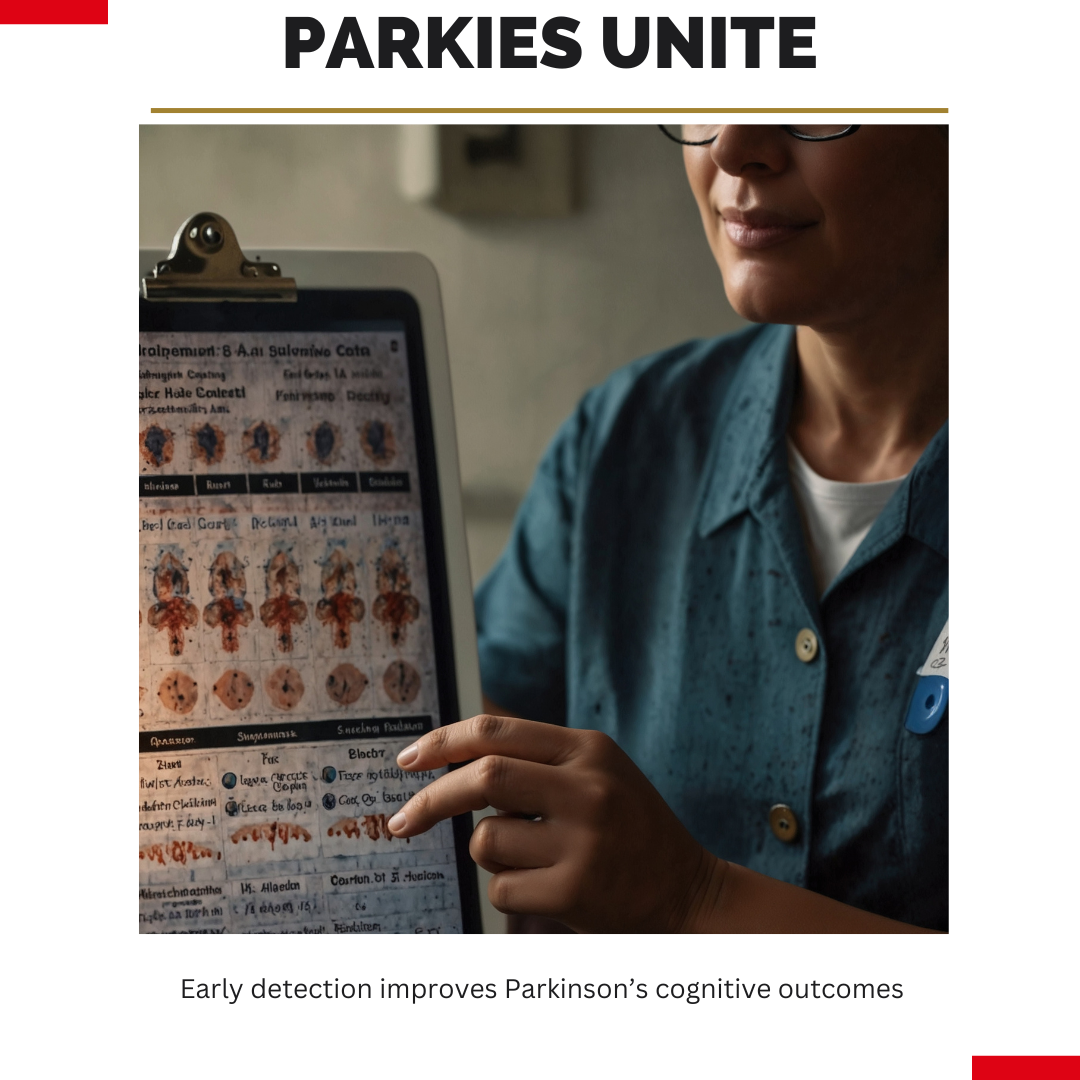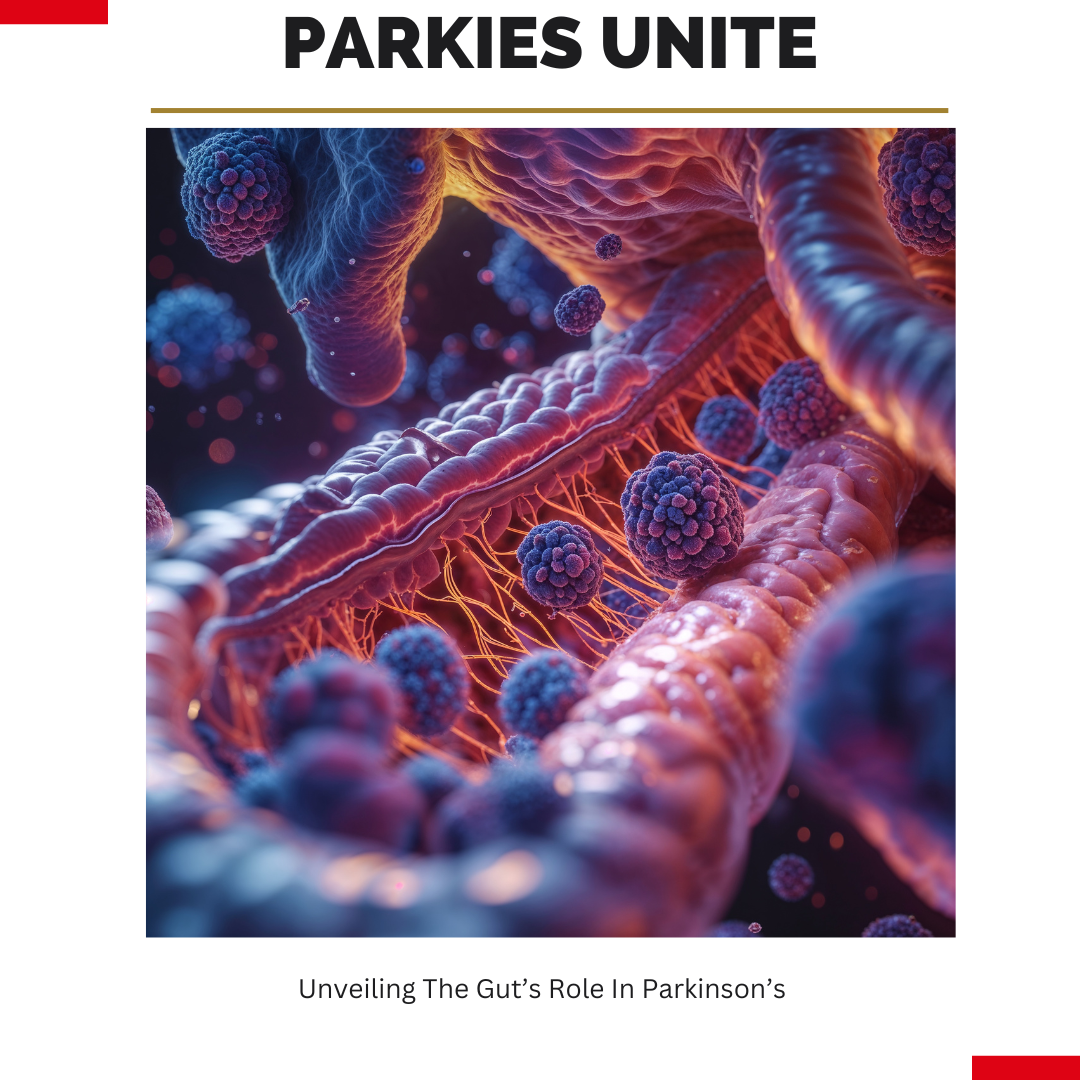Freezing of Gait: Questionnaire vs Wearables

Reading Time: 3 minutes
Introduction
Freezing of Gait (FoG) is a hallmark motor symptom in Parkinson’s disease (PD), characterized by a sudden and temporary inability to move forward despite the intention to walk. This phenomenon …
Read MoreEmpowering Parkinson’s management through technology

Reading Time: 3 minutes
In the evolving landscape of health technology, innovative solutions are enhancing the management of Parkinson’s disease. Two notable advancements are Movano Health’s Evie Ring, featuring the EvieAI virtual wellness assistant, …
Predicting Parkinson’s Cognitive Decline

Reading Time: 3 minutes
IntroductionCognitive decline is a significant non-motor symptom of Parkinson’s disease (PD), affecting quality of life and independence. While the progression varies widely among individuals, identifying early predictors can enable timely …
Parkinson’s & Gut Microbes

Reading Time: 4 minutes
IntroductionParkinson’s disease is a progressive neurodegenerative disorder hallmarked by motor symptoms such as bradykinesia, resting tremor, rigidity, and postural instability. Underlying these clinical features is the pathological accumulation of misfolded …
